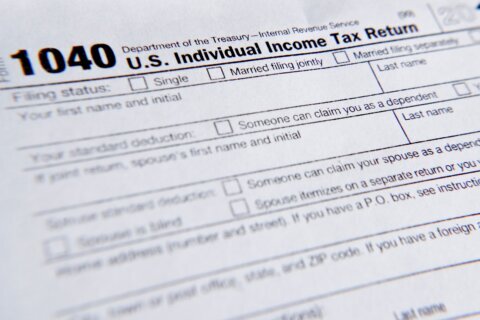Q: What should I be thinking about to allow my family access to my digital assets should I pass away?
A: The outline for leaving physical assets behind to your heirs or estate is well laid out, but less so when it comes to your digital assets.
Your digital assets extend far beyond online photos and videos — they include financial and social media accounts, critical documents stored online or in emails, and much more that others may need or want to access.
Leaving your heirs the task of trying to regain access to dozens of online accounts will be both time-consuming and frustrating, or in some cases impossible without critical information.
I refer to this as creating a “digital will” or “digital legacy,” which needs to be documented and more importantly, updated regularly.
Start with an inventory
So much of what we do every day is in the digital realm, so it can be very easy to forget or overlook something without a detailed review.
List out the username and password for every online service or account that you use, including email, social media, financial institutions, streaming services and cloud storage, then do the same for every hardware device (smartphone, computer, tablet, external hard drives, etc.) that has a password protecting it.
Ironically, creating this list digitally is the easiest way to keep it updated as things change, just remember to print out copies for safekeeping and include the username and password required to access the digital list.
Organize your important documents
To eliminate the need for a family member to search through decades of documents to find the important ones, create a folder called “Important Documents” to help reduce the burden.
If these important documents aren’t being stored online, make sure you have them backed up to an external hard drive or online backup service for safekeeping.
Store printed versions of documents or online access information in a safety deposit box or personal safe in addition to, or as an alternative to, storing them online.
Setup legacy contacts
Many online services, such as Facebook and Google, have the ability to designate others as managers of your accounts in the event you pass away.
Convey your wishes
It’s important to communicate your desires with your loved ones so they know exactly where to go and what to do with everything that you’ve set up, including what you want deleted or destroyed.
Update regularly
The biggest challenge with setting up your digital legacy is keeping things, such as access passwords or new accounts, updated in your records.
Setting up annual or even biannual reminders to update your records can be helpful in this important part of your plan.
Email access is key
One essential item that you’ll want to ensure your family has access to is your primary email account as that can act as a fail-safe for all your plans.
Not only will it provide access to legal documents that may have been sent or received, it’s the key to resetting accounts if they get locked out.
Smartphone access
Since two-factor authentication is a common way to secure your accounts, it’s also essential that you include the security code for your smartphone, so they can receive access codes when attempting to log into your accounts from a new device.
Ken Colburn is founder and CEO of Data Doctors Computer Services. Ask any tech question on Facebook or X.
Get breaking news and daily headlines delivered to your email inbox by signing up here.
© 2024 WTOP. All Rights Reserved. This website is not intended for users located within the European Economic Area.







